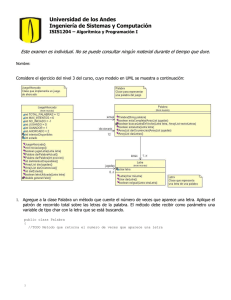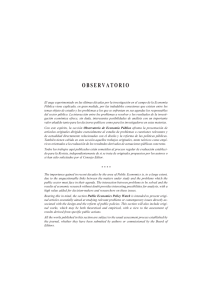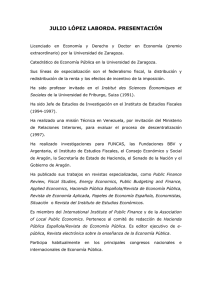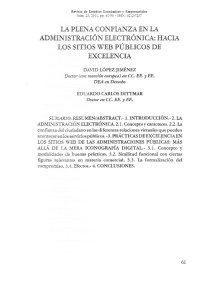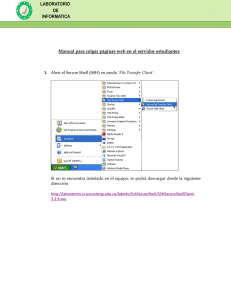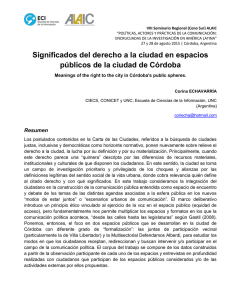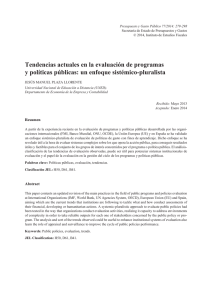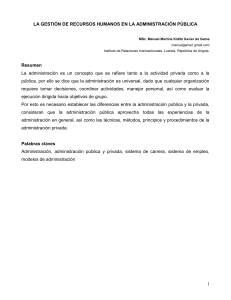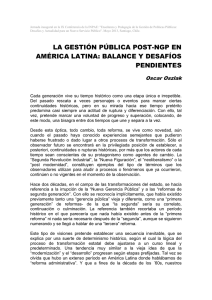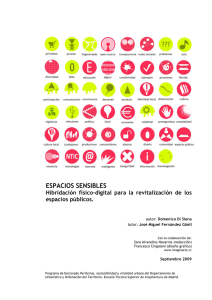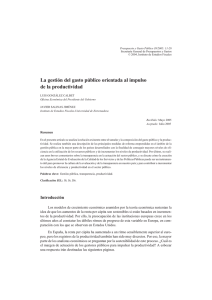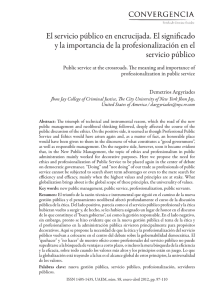Public Participation in Technology through Hackerspaces Eduard
Anuncio
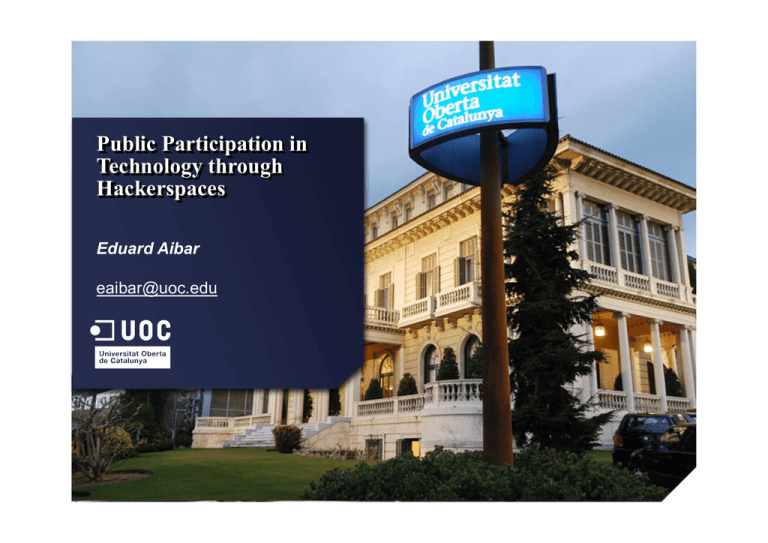
Public Participation in Technology through Hackerspaces Eduard Aibar [email protected] Public participation in science and technology The Public problematized: General public as opposed to experts (deficit model) Plurality of ‘publics’: interested public, concerned public, involved public, affected public, etc. Participation problematized: New participation mechanisms – initial euphoria Present skeptical view on their democratic qualities, their scalability, and their actual influence on decisions Participación del público en ciencia y tecnología Problematizar el público Público genérico por oposición a expertos (modelo de déficit) Públicos en plural: público interesado, público implicado, público afectado, etc. Problematizar la participación Nuevos mecanismos de participación – euforia inicial Escepticismo sobre su calidad democrática y su incidencia real Hackerspaces Commons-based peer production From software (hacklabs) to hardware Open community labs/workshops More than 1,000 actively working in over 52 countries In social centers, universities,… Funding: member fees, external sponsors Tinkering and machine building but also learning and many social activities Biohacking: DNA analysis, implants,… Not oriented to mass consumption Close link between technology and personal/social needs Open source hardware: free copy, modification and distribution Against stabilization and black-boxing Embedding instability in technical architecture Unfinished artifacts Against closed and preconfigured machines New meaning of public participation in technology
